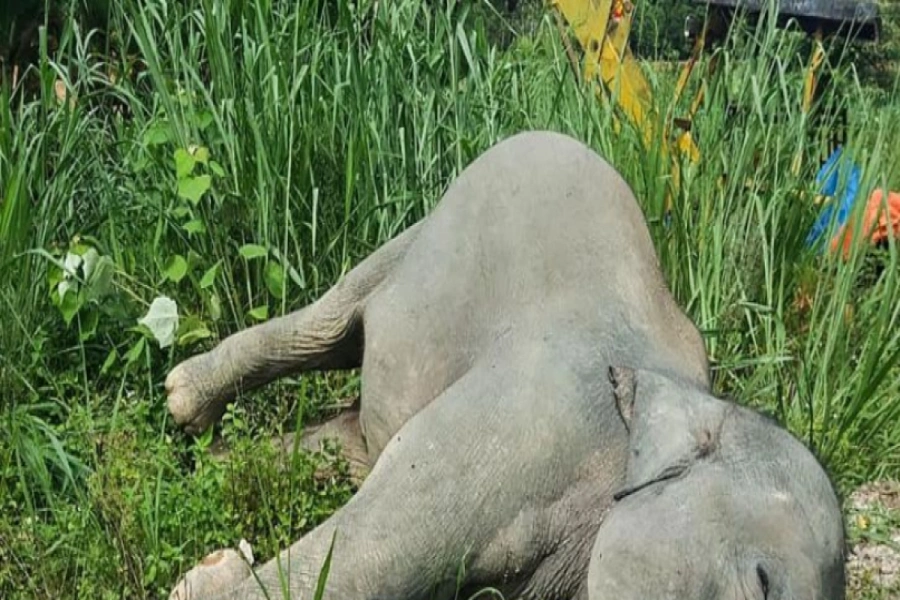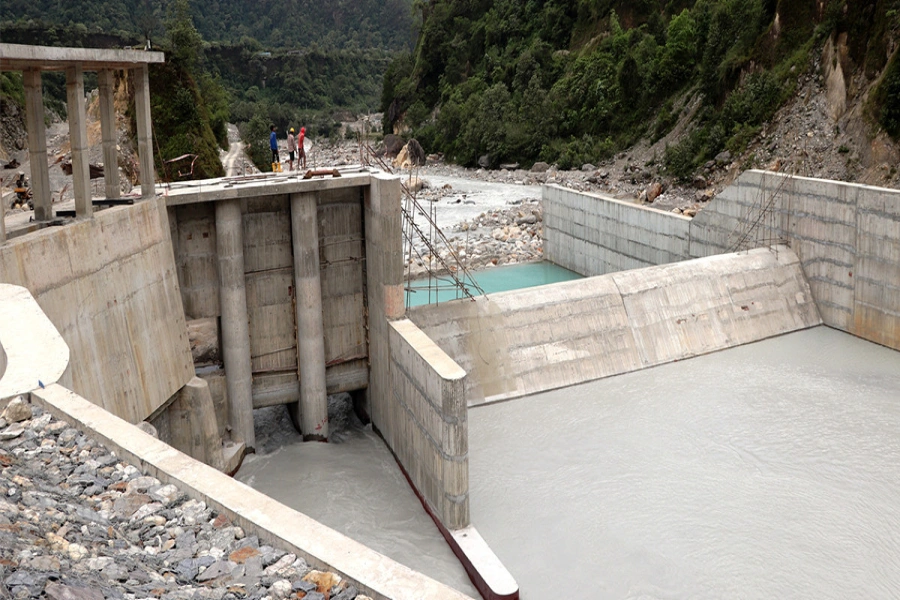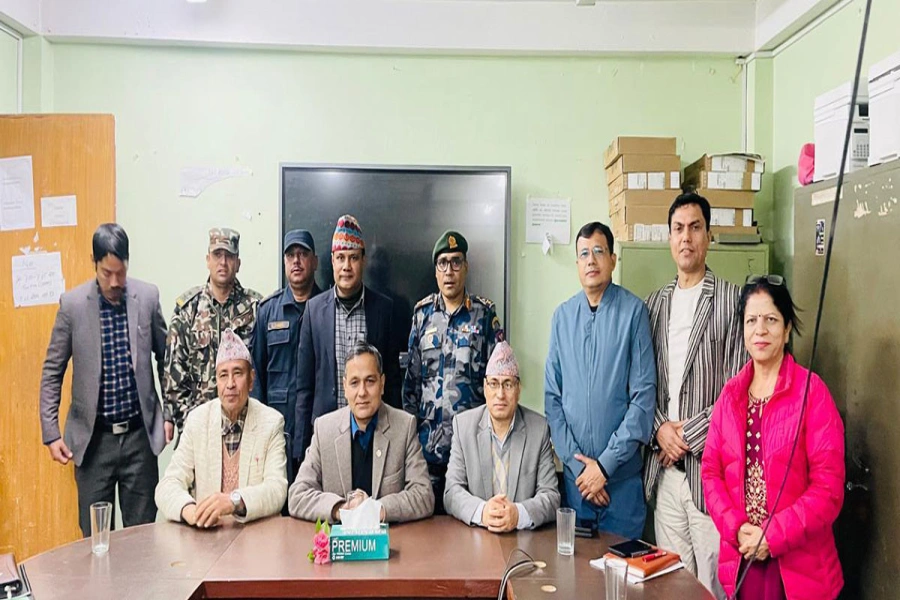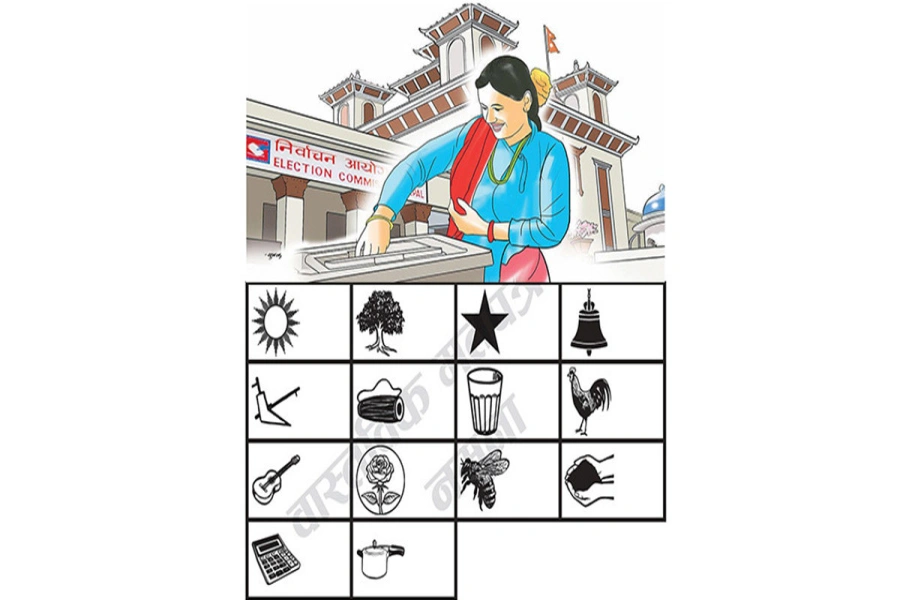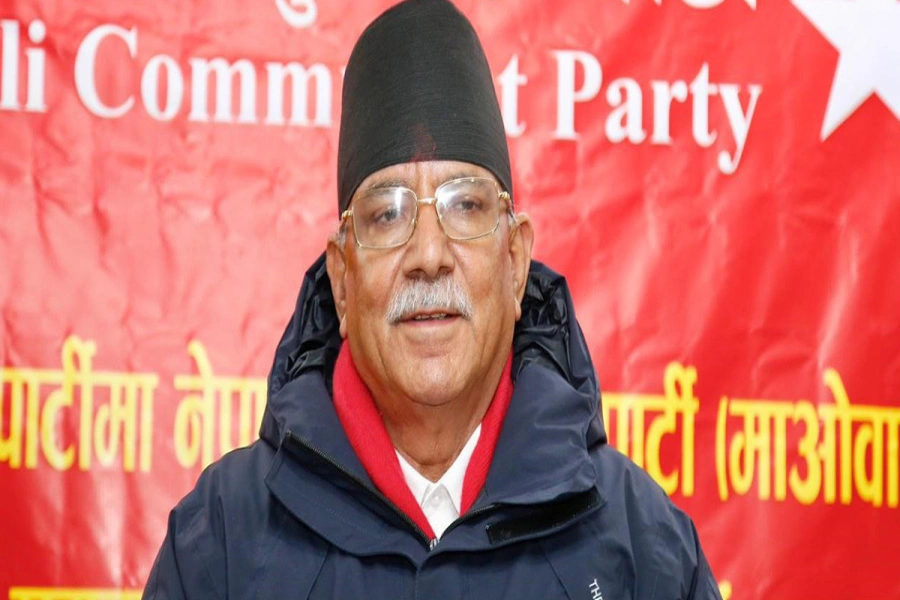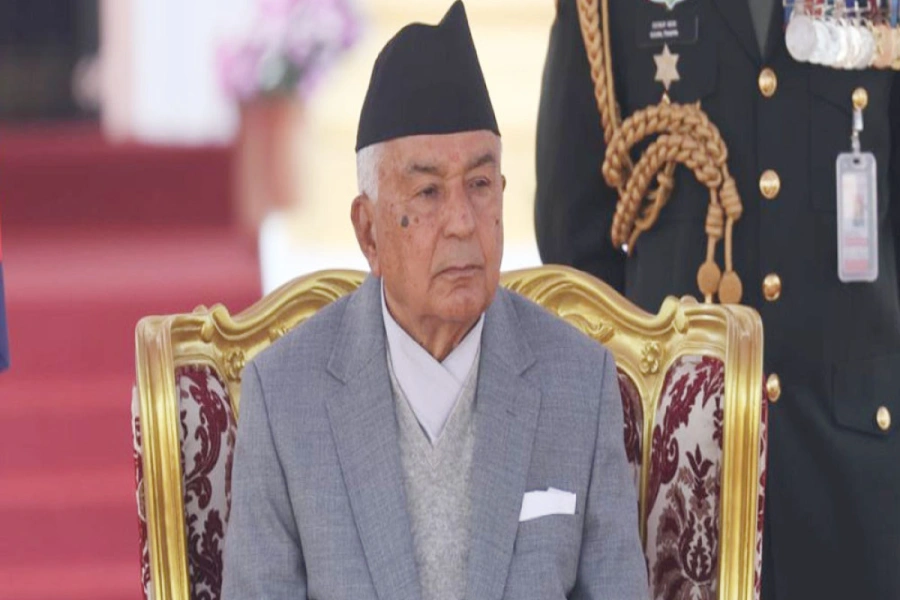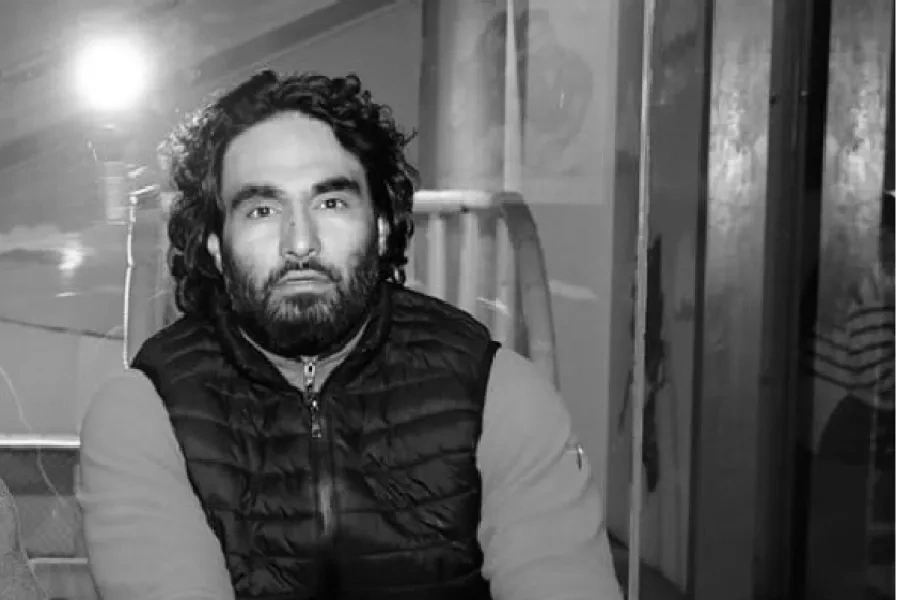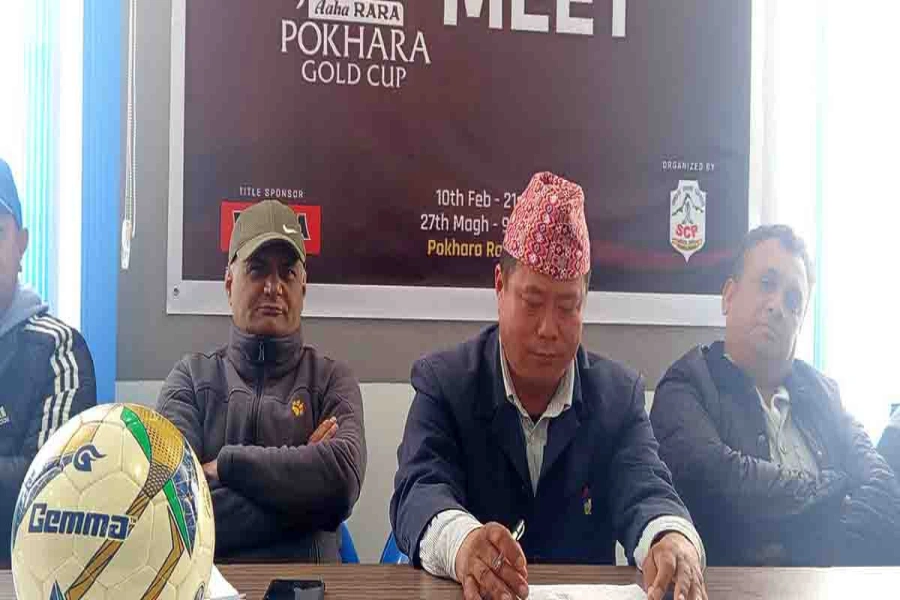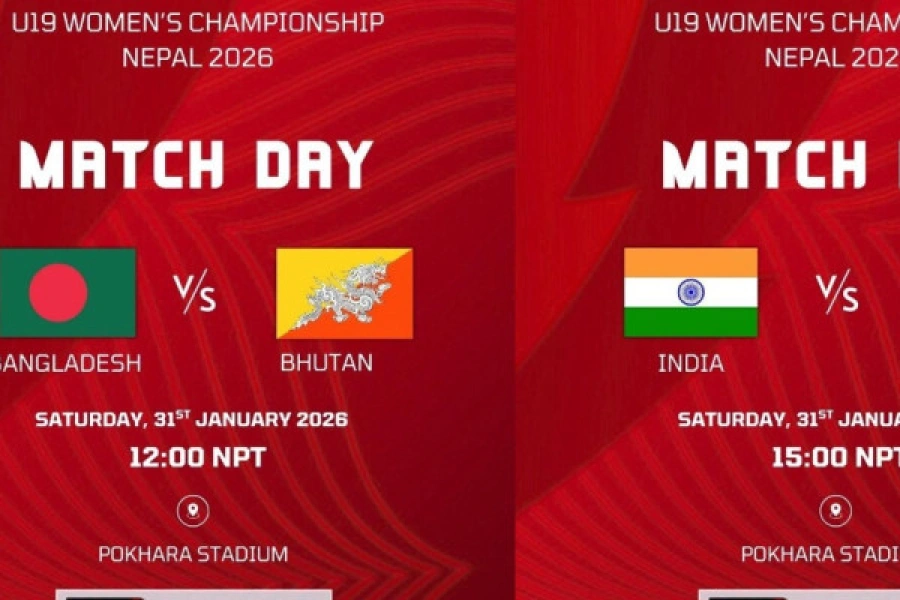KATHMANDU, Nov 18: The government with support of the World Bank (WB) has launched the Rural Enterprise and Economic Development (REED) Project.
Minister for Agriculture and Livestock Development Mahindra Ray Yadav and the WB Country Director for Maldives, Nepal, and Sri Lanka Faris Hadad-Zervos jointly launched the project amid a special program held on Thursday. The project aims at boosting Nepal’s agriculture sector by strengthening rural market linkages and promoting entrepreneurship while creating jobs to support post-COVID-19 recovery.
The multilateral lending institution is providing USD 80 million to run the REED project. It is expected to leverage additional funding from producers, financial institutions and local governments in the next four years.
Govt invites proposals for startup enterprise loans

Minister Yadav said the project will help to increase the income of smallholder producers and farmers, promote agriculture entrepreneurship and create jobs in rural Nepal. “In the context of Nepal’s agriculture sector transformation and COVID-19, ensuring market linkages of produce of smallholder farmers, farmer groups, and cooperatives is critical to accelerate recovery of the sector and the economy from the pandemic’s impacts,” he said.
The WB in a press release has said the REED project will be implemented in selected municipalities in five economic corridors covering Provinces 1, 2, Bagmati, Gandaki, Lumbini and Sudurpashchim to foster sustainable linkages for rural entrepreneurs. The project is aligned with the government’s Agriculture Development Strategy 2015-2035, and will work with provincial and local governments, intermediary organizations, and small and medium enterprises, especially those that are women-led to strengthen the agriculture sector and the entrepreneurship ecosystem.
The project will also help improve production through investments in municipal agriculture centers and value chain infrastructures to ensure the availability of inputs for farming as recovery actions from COVID-19. The project will use the labor-intensive Cash for Work mechanism in infrastructure works and is expected to create short-term jobs for over 5,700 people including women to support economic recovery from COVID-19.
The WB Country Director Faris said the project can stimulate many niche sectors such as coffee, tea, fruit, and medicinal products, among others, to help them grow and to support a resilient recovery from the pandemic. The government and the WB inked the project agreement for REED in December 2020.




